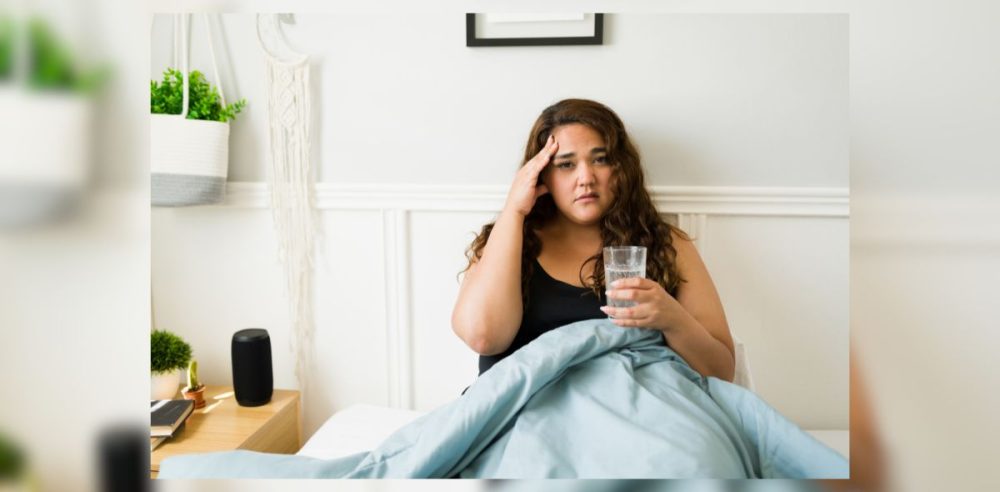“Hangxiety” — that unsettling mix of hangover and anxiety — can make the morning after a fun night out feel anything but enjoyable.
Often accompanied by feelings of dread, racing thoughts, and elevated stress, this phenomenon stems from how alcohol impacts the brain and body during and after drinking. However, experts suggest that your choice of drink can influence whether you wake up calm or on edge, the New York Post reported.
Neuropsychopharmacologist Professor David Nutt told the Post that alcohol triggers changes in the brain’s balance. While drinking, your body adjusts to the sedative effects of alcohol, but when it begins to wear off, your brain may overcompensate, leaving you anxious.
This is compounded by the physical stress of dehydration, elevated cortisol levels, and a dip in dopamine, the brain’s “happy hormone.”
For those looking to minimize “hangxiety,” beer stands out as one of the better options.
According to Nutt, beer’s low alcohol content and historical use as a hydrating alternative to unsafe water make it a safer bet. Its filling nature may also limit overconsumption, further reducing the risk of hangover-induced anxiety. Opting for low- or zero-alcohol beer offers even greater protection against morning jitters.
Hard seltzers, a newer addition to the alcohol scene, offer another good option.
These drinks often have a lower alcohol-by-volume (ABV) percentage than spirits and contain fewer additives, making them easier for the body to process. Staying hydrated while sipping seltzers can further ease hangover symptoms.
On the other hand, some spirits are more likely to exacerbate hangxiety.
Complex liquors like whiskey and dark rum often contain higher levels of congeners — compounds formed during fermentation and aging. These substances can increase the severity of hangovers and their associated anxiety. Light, simple spirits like vodka are easier on the system but should still be consumed in moderation.
The best strategy for avoiding hangxiety remains simple: drink responsibly and hydrate between beverages.
Adding water to your routine helps balance the diuretic effects of alcohol and mitigates dehydration, a significant contributor to hangover woes. Eating before drinking can also slow alcohol absorption, giving your body more time to process it.
Ultimately, understanding how different drinks affect your body is key to enjoying alcohol without sacrificing your peace of mind. With some foresight, you can sidestep the dreaded beer blues and wake up refreshed rather than frazzled.


